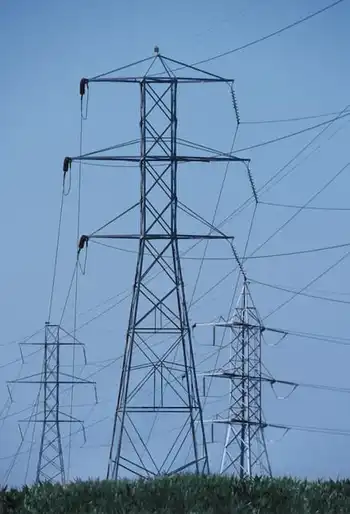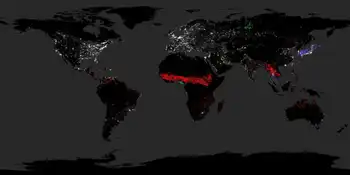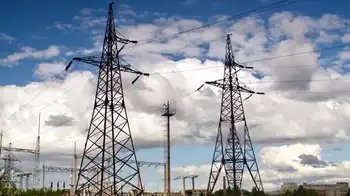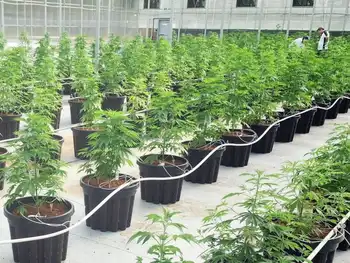Energy hikes hit poor the hardest
BRITISH COLUMBIA - Rising energy costs are hitting a quarter-million low-income families three times as hard as other British Columbians, according to a report to the B.C. government.
The report, by energy-services company Eaga Canada, calculates that about 18 per cent of B.C. residents are living in "energy poverty," forcing them to spend about 17 per cent of total after-tax income on heat, light and fuel.
Those who are better off spend about five per cent on energy.
"The need to spend money on energy competes with other basic life essentials such as food and shelter," says the report, titled Affordable Energy.
It also says participation by low-income families in government-funded energy efficiency programs has been "close to zero" because those families "simply cannot afford to invest in home upgrades."
Almost half are seniors, and 63 per cent live in rental accommodation.
The report was produced by Eaga Canada, an offshoot of a U.K.-based energy services company that specializes in programs for low-income consumers and has coordinated energy-efficient home renovations in B.C. under a government program.
The report was obtained by the B.C. Old Age Pensioners' Organization via a freedom-of-information request, and has been posted on the website of the B.C. Utilities Commission as part of a hearing on proposed BC Hydro rate increases.
Jim Quail, legal counsel for B.C. Old Age Pensioners' Organization, said in an interview that a pending increase in BC Hydro rates - including a two-tier rate system that rewards conservation and penalizes higher rates of consumption - is a threat to many people in the low-income group.
Hydro contends that the new system will work to the benefit of most low-income earners who will fall below the threshold for the penalty rate.
Quail said he accepts Hydro's position. But he noted that all customers will still see an increase in basic rates -- and that about 35,000 low-income customers face the higher, top-tier rates as well because they live in homes that rely on electricity for heat as well as light.
Energy Minister Richard Neufeld said the report fails to consider that B.C. has among the lowest electricity rates in North America, to the benefit of all residents.
But Neufeld noted that the province has launched several new initiatives to help low-income residents with energy costs.
The government is also planning regular refunds on carbon tax expenditures for families hardest hit by the government's scheme to tax energy costs including motor fuel and natural gas, which begins July 1.
BC Hydro is also ramping up programs. In April, Hydro began offering "Energy Saving Kits" to qualified low-income customers to help them save money by cutting energy consumption.
"They have a variety of easy-to-install, low-cost energy saving items - for example, three energy-saving light bulbs, low-flow shower heads, faucet aerators, pipe wrap, weather stripping, et cetera," executive vice president Bev Van Ruyven said.
"On average, we think it could save a low-income customer about 200 kilowatt hours a year. If you heat your home and hot water with electricity, that could be above 700 kilowatt hours a year."
Related News
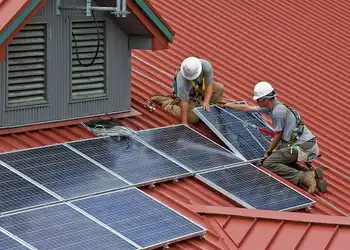
Coronavirus could stall a third of new U.S. utility solar this year: report
WASHINGTON - About 5 gigawatts (GW) of big U.S. solar energy projects, enough to power nearly 1 million homes, could suffer delays this year if construction is halted for months due to the coronavirus pandemic, according to a report published on Wednesday.
The forecast, a worst-case scenario laid out in an analysis by energy research firm Wood Mackenzie, would amount to about a third of the utility-scale solar capacity expected to be installed in the United States this year.
The report comes two weeks after the head of the top U.S. solar trade group called the coronavirus pandemic "a crisis here" for…

